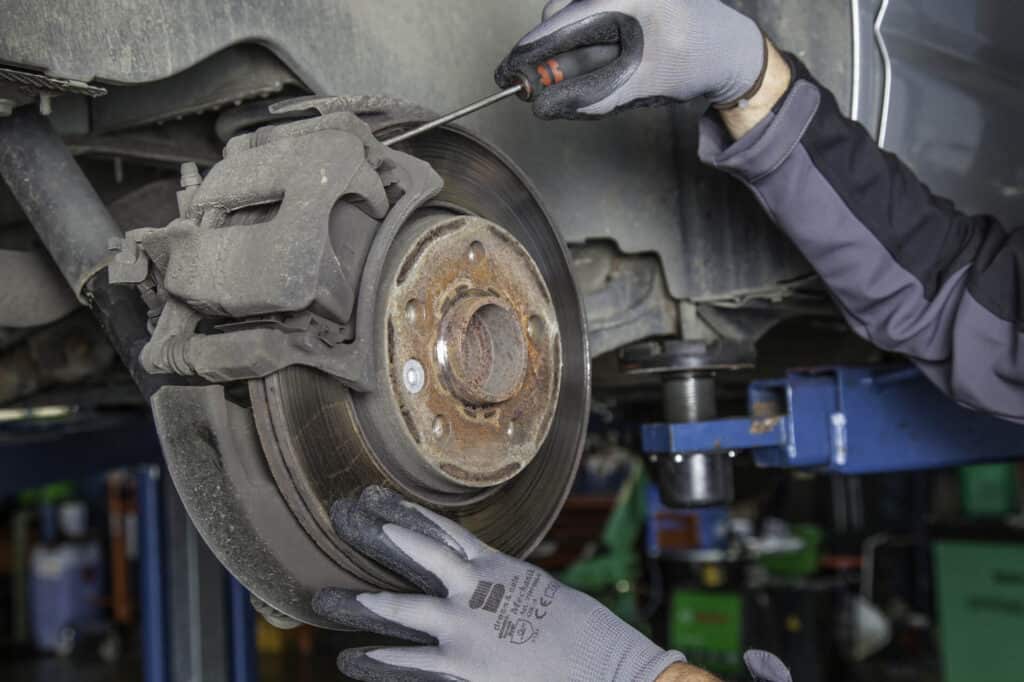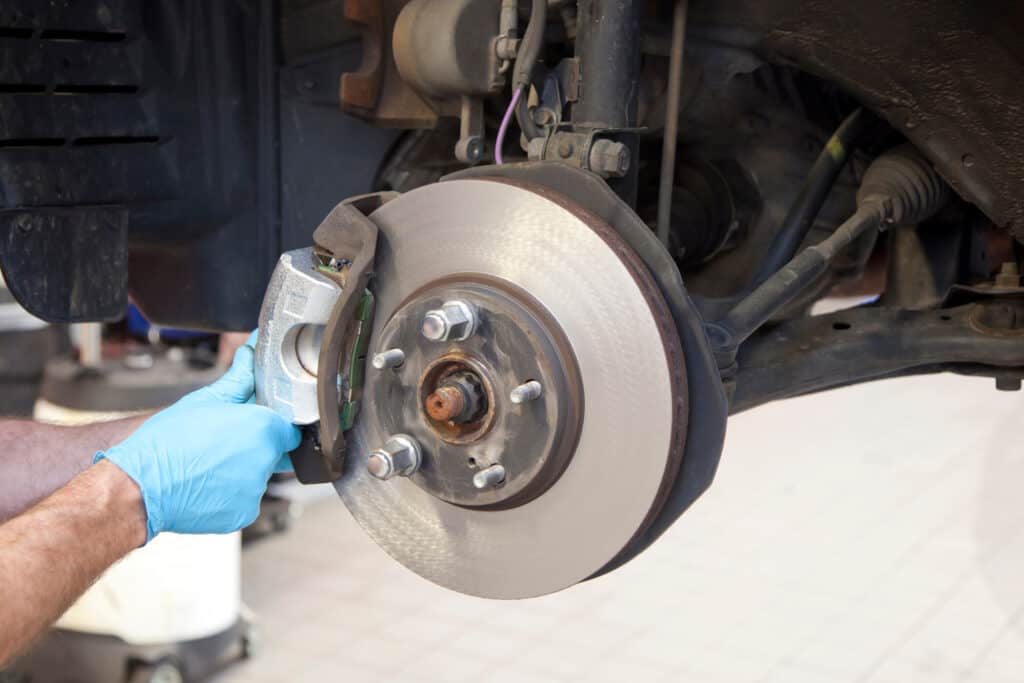Understanding the Importance of Brake Caliper Maintenance
Maintaining your brake calipers is essential to ensuring the longevity and efficacy of your vehicle’s braking system. Over time, brake calipers are subjected to extreme pressure and temperature changes, which can result in wear and tear. Regular maintenance can help to prevent issues such as rust, leaks, and sticky calipers, ultimately enhancing the life and performance of your brake calipers.
Step-by-Step Guide
Maintaining your brake calipers begins with regular inspections. This is an essential step in the maintenance process as it helps you identify potential issues early on, reducing the risk of brake failure. During your inspections, look out for signs of wear or damage. This could include visible signs of rust, which can be a sign of corrosion, leaks from the brake fluid, which might suggest a seal failure, or any irregular movement, which could indicate a problem with the caliper’s sliding mechanism.
The next step is cleaning the brake calipers. Over time, brake dust and road grime can accumulate on the calipers, potentially causing them to stick or seize. To prevent this, it’s important to clean your brake calipers regularly. This can typically be done using a brush and a suitable cleaning solution. Be sure to remove as much dirt and dust as possible to ensure the smooth operation of the caliper.

After cleaning, it’s time to service the calipers. This generally involves applying a thin layer of high-temperature brake grease to the moving parts of the caliper, including the sliding pins and the areas where the brake pads make contact. This grease serves to reduce friction and prevent corrosion, helping to ensure the longevity and performance of the caliper.
Finally, part of maintaining your brake calipers involves replacing worn-out parts when necessary. This could include the caliper itself, the brake pads, or the brake fluid. If you notice signs of wear or damage during your inspections, it’s crucial to replace these parts as soon as possible to prevent brake failure.
Frequency of Brake Caliper Maintenance: When and How Often The frequency of brake caliper maintenance can vary depending on the type of vehicle, driving conditions, and personal driving habits. However, as a general rule of thumb, brake calipers should be inspected and cleaned every time you have your brake pads replaced, which is typically every 60,000 to 80,000 kilometers.
The Role of Grease in Brake Caliper Maintenance
High-temperature brake grease is an integral part of brake caliper maintenance. This specially formulated lubricant is designed to withstand the high heat conditions generated during braking. By reducing the friction between the moving components of the brake caliper, the grease helps to prevent premature wear and tear. Over time, this can help to enhance the lifespan and performance of your braking system.
In addition to reducing friction, brake grease serves as a protective barrier for the metal components of your brake calipers. By filling in any microscopic gaps on the surface of the caliper, the grease can help to prevent the ingress of moisture and oxygen. This, in turn, can help to inhibit the formation of rust and corrosion, which are two common issues that can compromise the performance and durability of your brake calipers.
Proper application of brake grease is crucial for its effectiveness. When used in excess, it can actually attract and accumulate dust, leading to a gritty mixture that can hamper the movement of the caliper. Conversely, using too little grease can result in inadequate lubrication, potentially causing the caliper components to grind against each other. To avoid both scenarios, always apply a thin, even layer of grease to the moving parts of the caliper during maintenance.
The use of high-temperature brake grease is a simple yet crucial step in brake caliper maintenance. When applied correctly, it can greatly enhance the longevity and performance of your brake calipers, making for safer and more reliable braking performance.
To Lubricate or Not
The Debate on Caliper Lubrication While the use of brake grease is generally accepted as a standard part of brake caliper maintenance, some individuals express concerns about the potential for grease to attract dust and dirt, which could ultimately contribute to caliper sticking. However, the benefits of lubrication in preventing rust and reducing friction far outweigh the potential negatives, particularly when regular cleaning is performed.

Common Mistakes and Best Practices in Brake Caliper Maintenance
When it comes to brake caliper maintenance, there are several common mistakes that could undermine the lifespan and performance of your vehicle’s braking system. The first of these is over-lubrication. While it is true that brake grease plays a vital role in reducing friction between moving parts, using too much of it can have the opposite effect. Over-lubrication can attract dust and dirt, which can get trapped in the grease and cause the calipers to stick or move unevenly. This can lead to uneven wear on the brake pads and even potential brake failure. To avoid this, always apply brake grease sparingly, ensuring only a thin, even layer is spread on the caliper’s moving parts.
Another common mistake is neglecting regular cleaning of the brake calipers. Dirt, brake dust, and road grime can accumulate on the calipers over time. If left unchecked, this build-up can affect the caliper’s ability to move freely, which in turn, hampers the overall performance of the braking system. Therefore, part of your routine maintenance should include cleaning the calipers, ideally every time you have your tires rotated or oil changed. Use a brush and a non-corrosive cleaning solution to gently scrub off any visible dirt or dust. Regular inspection is also crucial to spot any signs of leaks, rust, or other damage early on. Promptly addressing these issues can prevent further damage and ensure the longevity of your brake calipers. Regular maintenance, appropriate lubrication, and proactive measures to address potential issues not only ensure the longevity of your brake calipers but also significantly enhance your vehicle’s safety and performance.
Conclusion
Regular maintenance of your brake calipers can significantly enhance the performance and lifespan of your braking system. By understanding the importance of brake caliper maintenance, following a routine maintenance schedule, and adhering to best practices, you can ensure the safety and reliability of your vehicle for years to come.
